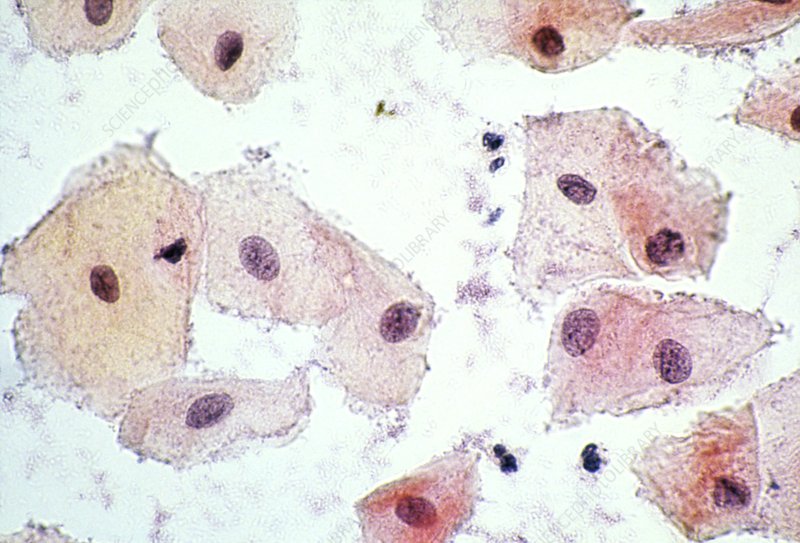UNC BIO101 LAB MIDTERM STUDY- cell identification
1/9
There's no tags or description
Looks like no tags are added yet.
Name | Mastery | Learn | Test | Matching | Spaced | Call with Kai |
|---|
No study sessions yet.
10 Terms
oscilatoria
Prokaryote
domain bacteria
phylum: cyanobacteria
long green stretches with lines
colonial
filaments
photosynthesize
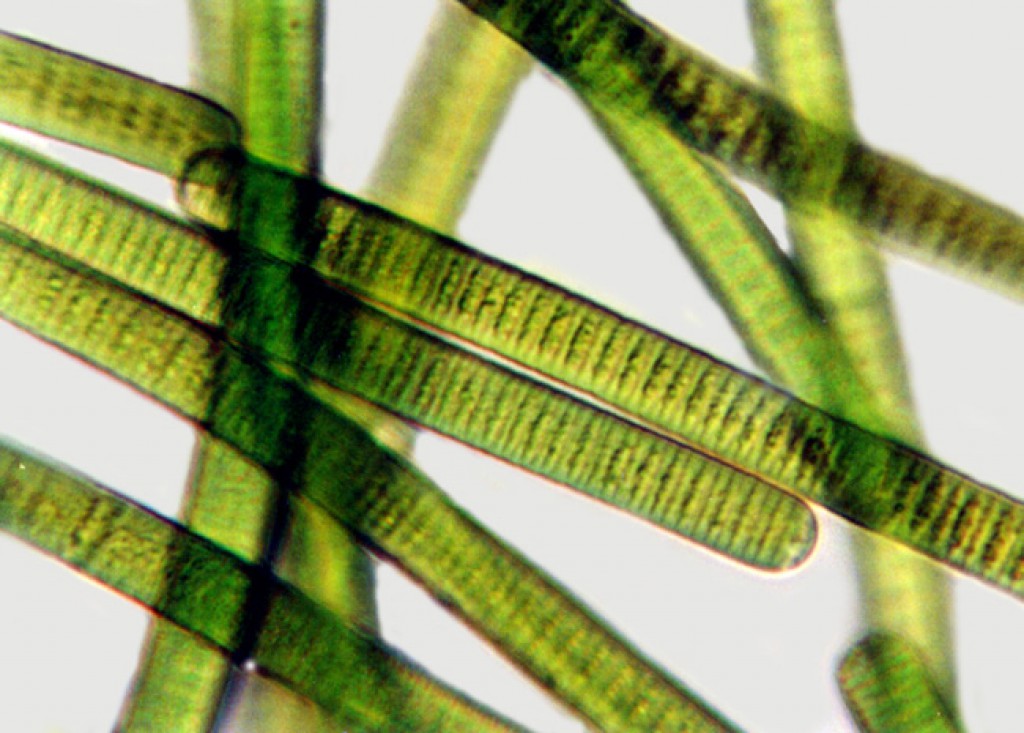
gloeocapsa
Prokaryote
domain bacteria
phylum: cyanobacteria
unicellular but often cluster
gelatinous sheath
photosynthesize

lactobacillus
Prokaryote
domain bacteria
phylum: firmicutes
in yogurt
look like little pills
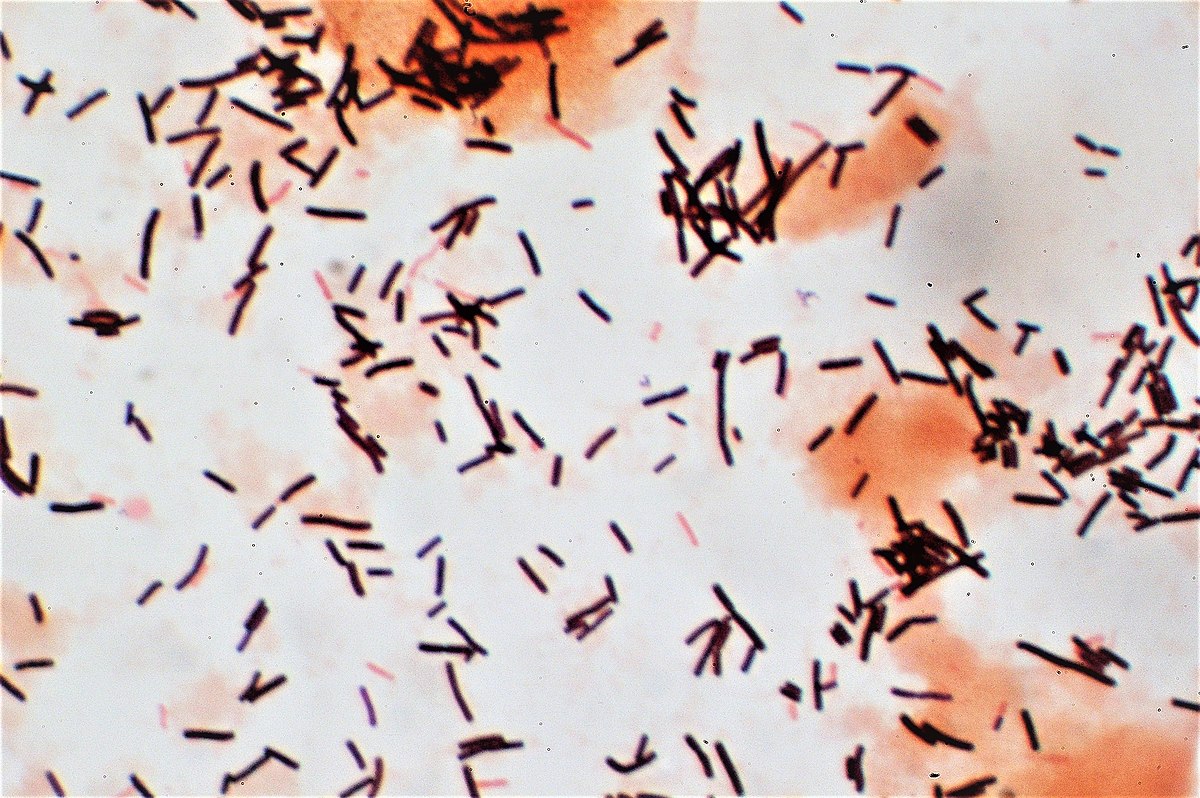
yeast
Eukaryote: kingdom fungi
unicellular
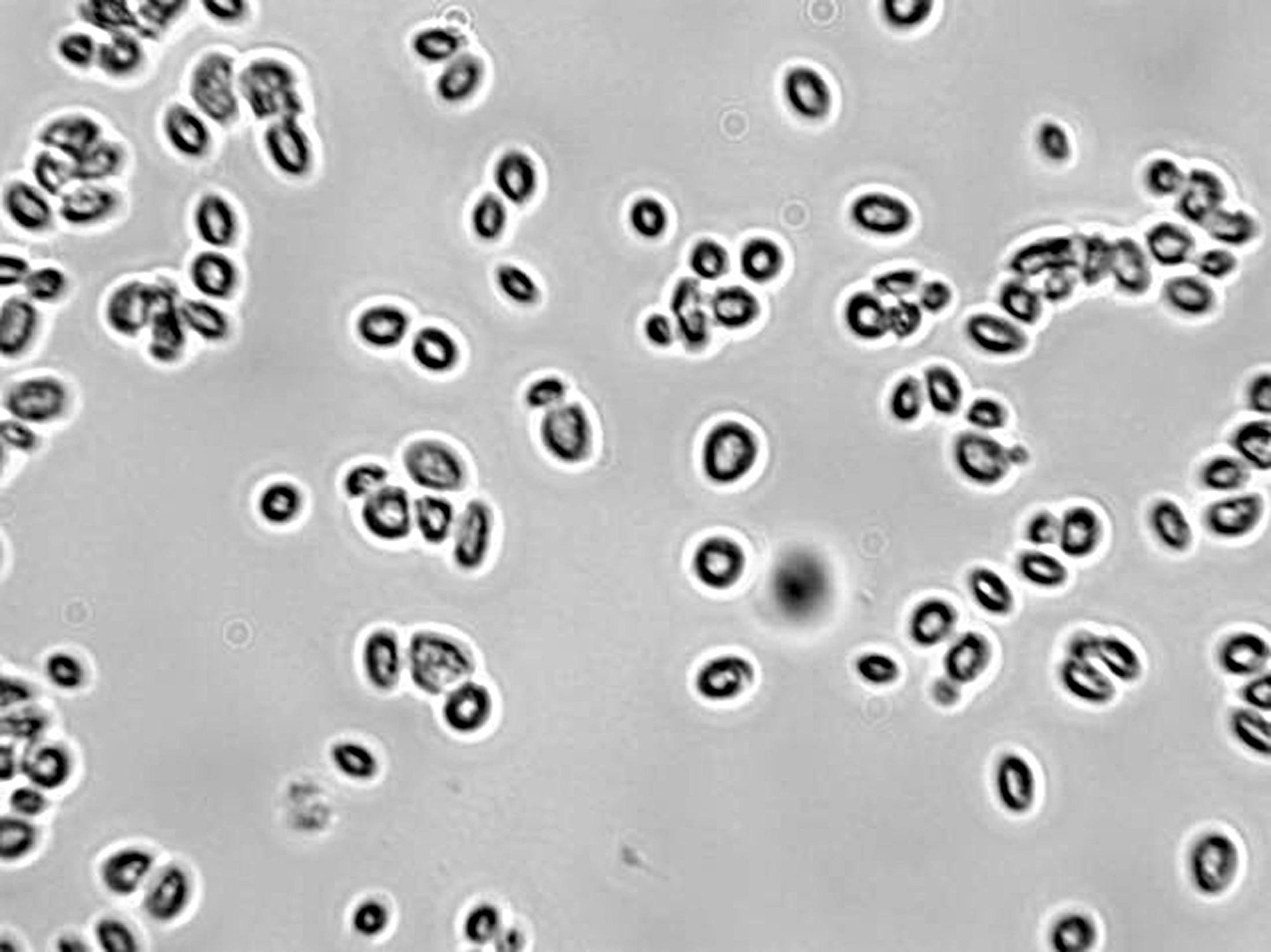
Paramecium
Kingdom= protista
phylum = ciliophora
Unicellular
Heterophotic: need to consume things
Move using cilia (the hair things)

Euglena
Kingdom= protista
Phylum = Euglenaphyta
Unicellular
Photosynthetic and heterotrophic (phagocytosis)
Move using flagella (long tail)
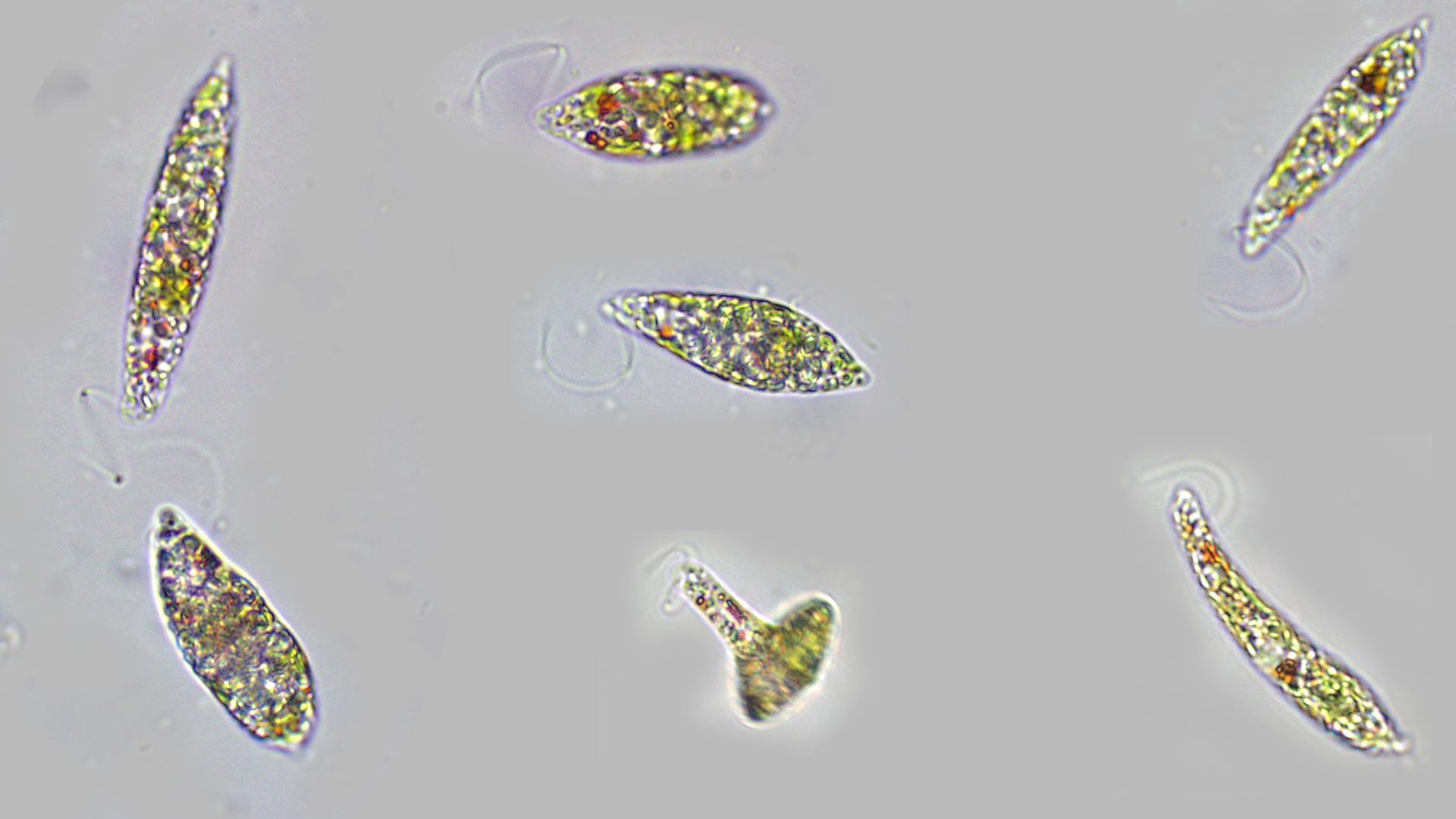
Amoeba
Kingdom= protista
Phylum = Amoebazoa
Unicellular
Heterotrophic
Move using pseudopods (fake feet)
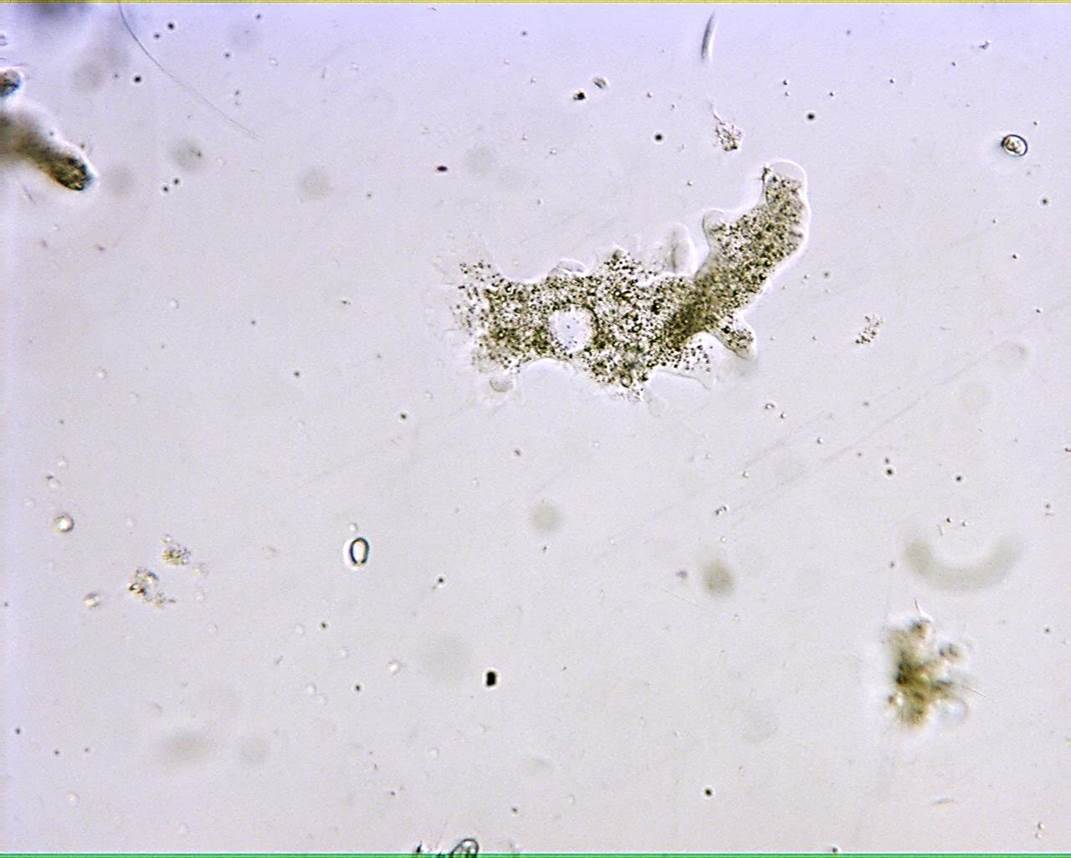
Volvox
Kingdom= protista
Phylum = chlorophyta
Colonial
Photosynthetic and very closely related to plants
Biflagellate (two tails to move)
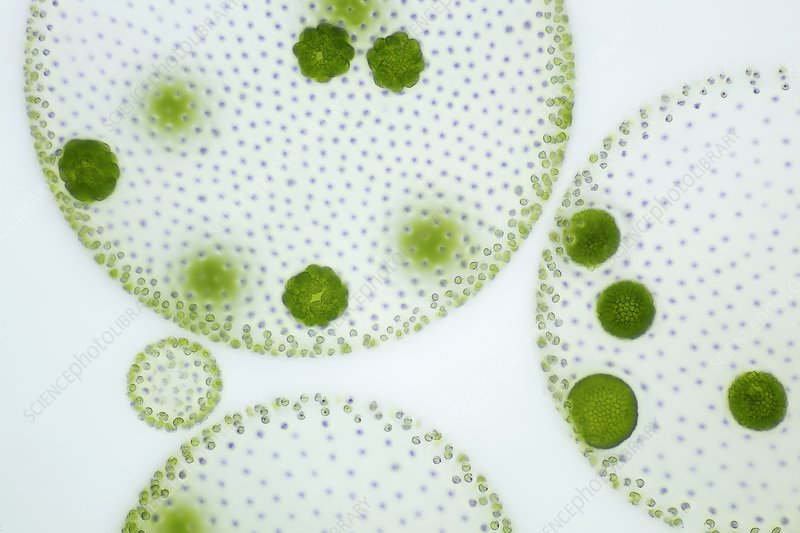
Elodea
Kingdom = Plantae
Phylum = magnoliaphyta
Multicellular
Photosynthetic
Experience plasmolysis (shrink with saltwater in because that's a hypertonic environment)
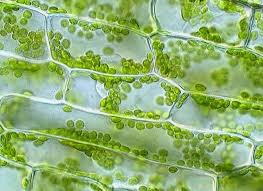
Human epithelial cells
Kingdom = animalea
Phylum = chordata
Humans are multicellular, these are individual cells
use cilia to move
